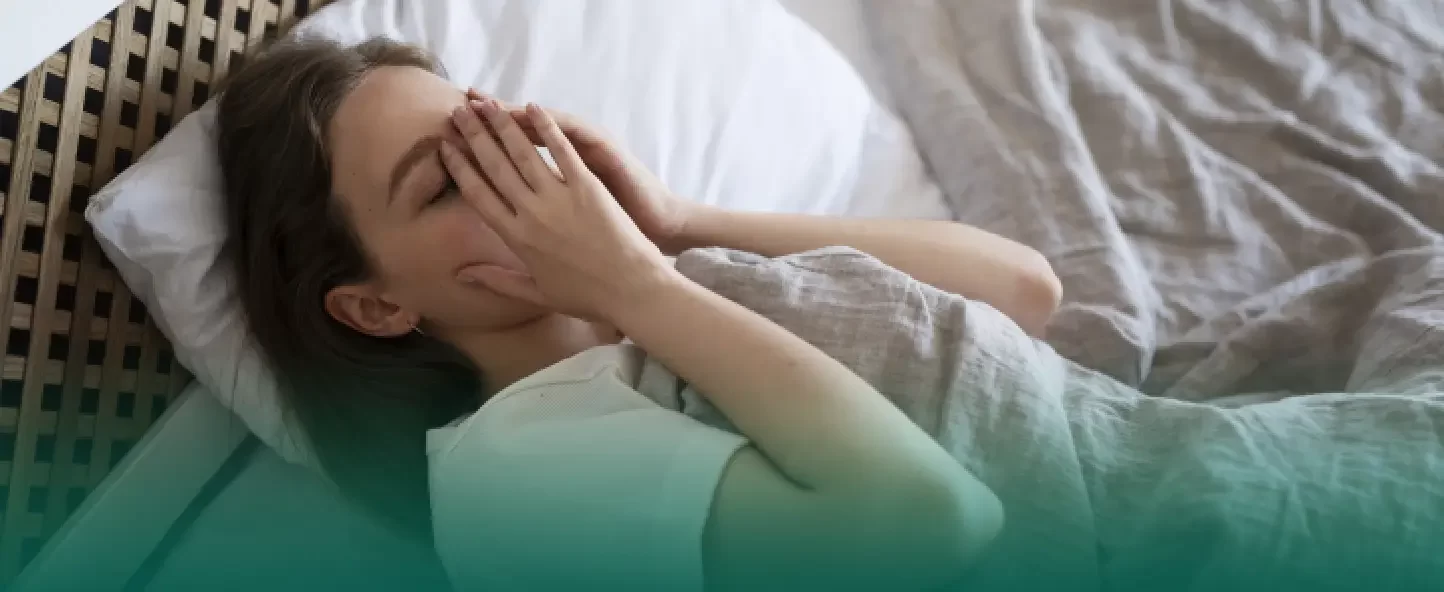Depression is a pandemic. Every year the number of cases only increases. It is the most common mental disorder, affecting one in seven people on Earth. Women suffer from depression twice as often as men. Depression is the fourth leading cause of disability.
Myth: Antidepressants make you passive
Old generation antidepressants, incorrect dosage and ignoring side effects can have undesirable consequences. However, with the use of modern antidepressants prescribed by a doctor, such extreme conditions are not observed.
Myth: Herbs and dietary supplements can replace antidepressants
If a diagnosis of clinical depression has been made, treatment with antidepressants and the help of a psychotherapist is necessary, depending on the situation.
Myth: The main cause of depression is stress
Stress and genetics are the main causes of depression. However, there is also endogenous depression, which is not associated with external influences. It develops as a result of disruption of the neurotransmission of norepinephrine, dopamine and serotonin.
Myth: Depression most often appears in the fall
With the onset of autumn, many people experience the blues. This is due to decreased sunlight and some people experience seasonal depressive disorder.
Some psychiatrists believe that there is seasonal depression, although others do not distinguish it from general depressive disorder.
We cannot say that autumn is the season for depression and other mental disorders. An outbreak of any disease can occur at any time of the year, including summer, despite the fact that this is the warmest and sunniest time of the year.
It is almost impossible to say exactly what can cause an attack or the development of a mental illness. This can only be determined by a specialist after a thorough examination of the patient. In psychiatry, as well as in medicine in general, everything is very individual.
Myth: Antidepressants are not effective
This claim likely arose due to inappropriate response to antidepressants in some patients. However, it cannot be said that antidepressants do not help at all.
Antidepressants are a group of medications that stabilize the levels of neurotransmitters, chemicals that transmit information between nerve cells in the brain.
These medications have proven effective in reducing symptoms of depression, obsessive-compulsive disorder, anxiety, post-traumatic stress disorder, and bipolar disorder.
Most experts do not doubt the effectiveness of antidepressants. They are effective in treating moderate to severe depression, but are not effective enough for mild depression, in which case psychotherapy may be a more appropriate option.
There may also be situations where the prescription of these drugs is erroneous. In this case, antidepressants really won’t help.
Myth: Antidepressants only relieve symptoms, but do not eliminate the cause of the disorder
In most cases this statement is true. However, in certain situations, antidepressants can also affect the cause of the disorder.
Depression is a diverse illness. In general terms, there are 2 types of depression:
- Depression caused by external factors such as trauma, internal conflicts, way of thinking, or other illnesses not associated with depression. This type of disorder is more common. In such cases, antidepressants are used to relieve symptoms of the disease. To influence the cause of the problem, psychotherapy is required.
- Depression caused by internal factors. About 7% of patients with depression have a lack of neurotransmitters such as serotonin, norepinephrine and dopamine at the synapses of nerve cells in the brain. In such cases, antidepressants act on the cause of the disease, normalizing the production of serotonin.






